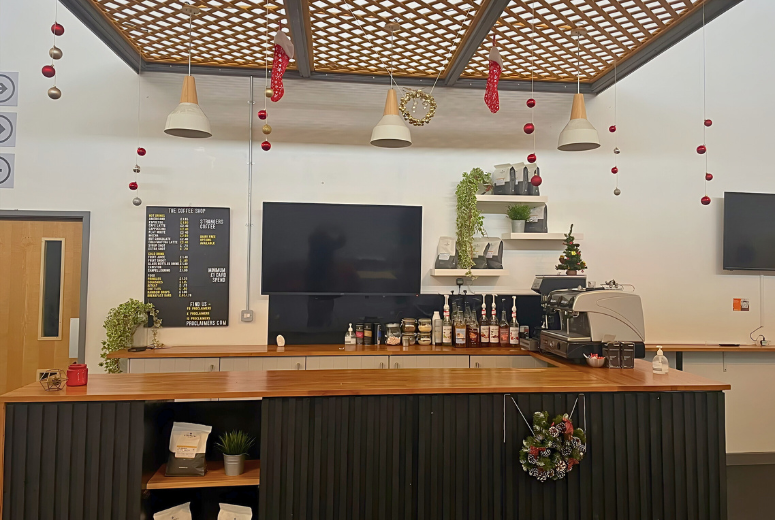When Energy and Focus Start to Dip
Part 1: When Energy and Focus Start to Dip
Ever notice how, after a couple of hours, everyone in a meeting starts to glaze over? It’s not your imagination. Real-world observations and surveys suggest that sustained concentration tends to drop off after about an hour. In one managerial survey, attention levels started fading around the 52-minute mark, yet meetings often continued much longer—leading to roughly 27 minutes of lost productivity.
While research hasn’t identified a precise “2–3 hour” breaking point, the idea fits within what’s known about time-on-task fatigue: the longer we stay mentally engaged without a real break, the harder it becomes to maintain focus and energy.
And while those famous “8-second attention span” stats often get thrown around (especially in discussions about social media), those figures apply more to quick, screen-based interactions than to deep work sessions. Still, they highlight a broader truth—our brains aren’t built for endless focus.
Bottom line: Concentration naturally wanes during long stretches of work. The 2–3 hour mark isn’t exact science, but it’s a realistic window that reflects both research patterns and lived experience.
Part 2: How Food and Drink Can “Reset the Room”
Here’s the good news: you can do something about that slump. Nutrition and hydration play a big role in helping people stay alert and energized.
- Balanced meals that include protein, healthy fats, fiber, and complex carbs help stabilize blood sugar and keep energy steady. On the other hand, high-GI or ultra-processed foods can lead to quick crashes.
- Smart snacks—like nuts, Greek yogurt, or hummus with veggies—help maintain alertness and prevent those mid-day dips.
- Hydration matters. Even mild dehydration can reduce focus, increase fatigue, and impact overall cognitive performance.
- In more physically demanding settings, carbohydrate intake (from snacks or drinks) helps replenish energy reserves, while consistent hydration supports sustained performance.
Fact or Fiction?
StatementEvidence & InsightsEnergy and concentration drop after 2–3 hoursSupported by research on attention fatigue and workplace data. Timing may vary, but the downward trend in focus over time is well-documented.Food and drink help reset the roomStrongly supported. Proper nutrition and hydration improve energy, focus, and overall cognitive function.
Final Take
The claim holds up. While the “2–3 hour” window isn’t a hard cutoff, it reflects a clear and familiar pattern: attention and energy fade with time.
And when that happens, a well-timed snack or hydration break isn’t just nice—it’s scientifically smart. Supplying balanced food and drinks during long sessions can re-energize the group, sharpen focus, and help everyone stay engaged.






